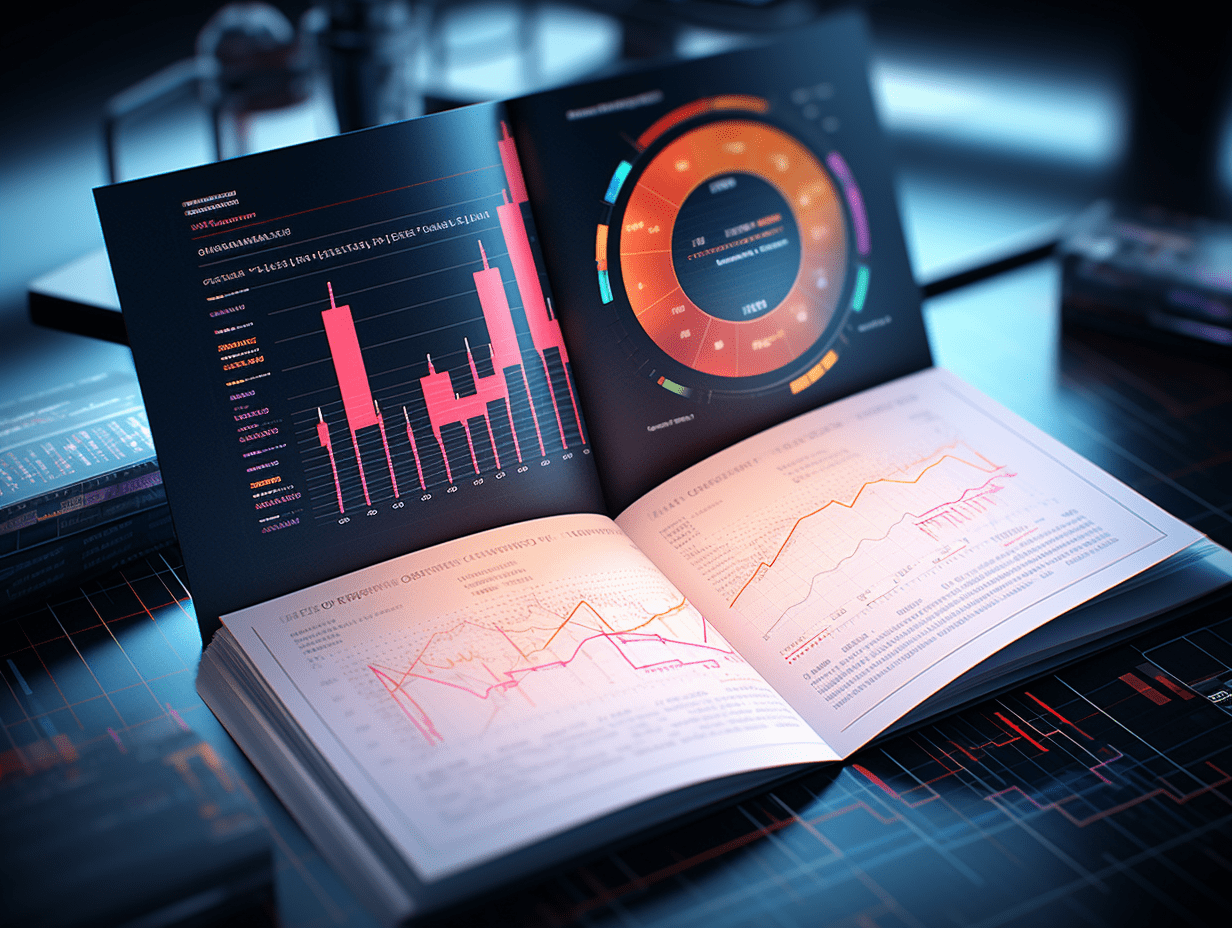Japanese Liberal Democratic Party lawmaker Taro Kono: The Bank of Japan should raise interest rates to stabilize the yen and control inflation.
Due to the political uncertainty casting a shadow over the outlook for economic policy, the Bank of Japan should raise the benchmark interest rate to support the yen and suppress inflation.
Japanese Liberal Democratic Party lawmaker and former Minister of Digital Transformation Taro Kono stated on Tuesday that, given the political uncertainty casting a shadow over the economic policy outlook, the Bank of Japan should raise the benchmark interest rate to support the yen and curb inflation.
Taro Kono said, "We need to stabilize the yen exchange rate. For this, the Bank of Japan needs to raise interest rates." He also added, "If the Bank of Japan delays raising rates, I think it would mean that inflation will continue, and the prices of all the goods we import will rise."
A few days before Taro Kono made the above remarks, Japanese Prime Minister Yoshihide Suga decided to resign, raising doubts about the outlook for economic policy. Some economists believe that the Bank of Japan may delay raising rates, while others are concerned about possible fiscal stimulus measures. Taro Kono criticized the idea of consolidating voter support by distributing cash, saying it would worsen the deficit.
He said, "This doesn't work. The core issue is the interest rates being too low."
On Tuesday morning, the exchange rate of the yen against the US dollar was around 147.35 yen to 1 US dollar, a slight decline from the five-year average level of around 133.61 yen to 1 US dollar.
The Liberal Democratic Party is preparing to hold an election for party leadership as early as next month to elect a successor to Yoshihide Suga who will compete for the position of Prime Minister.
One of the popular candidates, Sanae Takaichi, called for further easing of monetary policy and expanding fiscal stimulus, raising concerns about the sustainability of Japan's debt and putting pressure on ultra-long-term bond yields.
It is widely expected that the Bank of Japan will keep rates unchanged at the policy meeting on September 19.
When asked if he plans to participate in the Liberal Democratic Party leadership election, Kono said he is still considering it. In the previous election, he was one of nine candidates, ultimately ranking eighth; while in the 2021 election, he came in second, only behind Fumio Kishida.
The Liberal Democratic Party will hold a meeting later on Tuesday to decide on the timing and format of the election. The party may choose a comprehensive voting method, involving all members including lawmakers and grassroots members; or they may opt for a streamlined process, allowing only parliament members and a few regional representatives to vote.
Regarding trade issues, Taro Kono criticized the recent negotiations for the U.S.-Japan tariff agreement. He said, "The tariff issue was wrong from the start." He also pointed out that even though the U.S. agreed to reduce tariffs from 25% implemented in April to 15%, these tariffs are still much higher than previous levels.
Related Articles

The once-hot investment boom in Japanese electric power storage is facing a policy adjustment challenge as $26 billion in investments encounter a cooling trend.

The bear market for the US dollar is not over yet, the Euro is expected to return to the milestone level of 1.20.

Europe may be able to escape the "debt cycle" in the bond market, but the United States is unlikely to be spared.
The once-hot investment boom in Japanese electric power storage is facing a policy adjustment challenge as $26 billion in investments encounter a cooling trend.

The bear market for the US dollar is not over yet, the Euro is expected to return to the milestone level of 1.20.

Europe may be able to escape the "debt cycle" in the bond market, but the United States is unlikely to be spared.

RECOMMEND

Ishiba Shigeru’s Resignation Sparks Yen and Bond Sell-Off; Bank of Japan May Reconsider Rate Path
08/09/2025

Trump Revises Global Tariff Framework, Exempts Gold, Tungsten, Uranium and Other Critical Commodities
08/09/2025

After Nonfarm Payrolls, CPI Awaits: Will the Macro Data Maelstrom Continue to Rattle Wall Street?
08/09/2025


